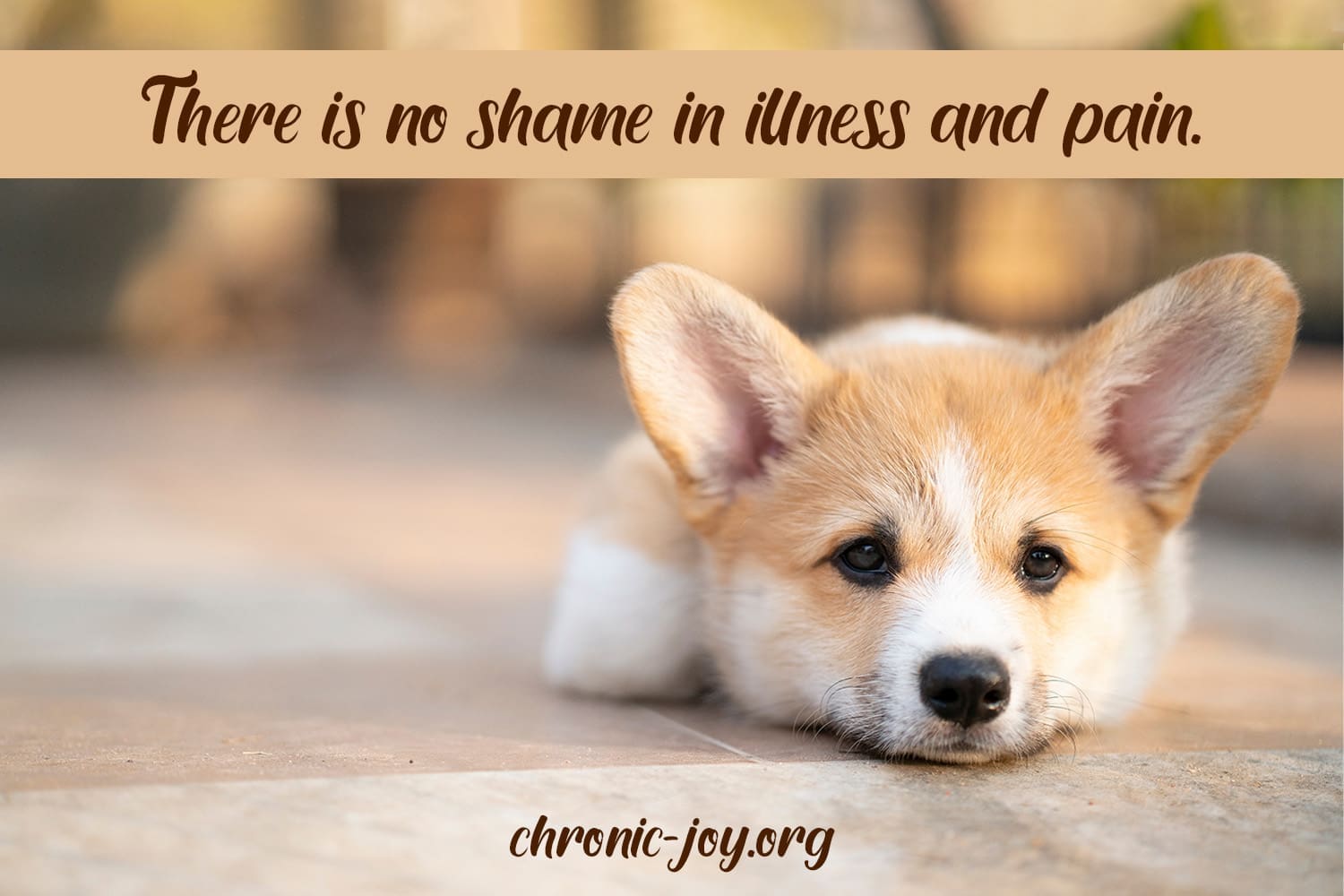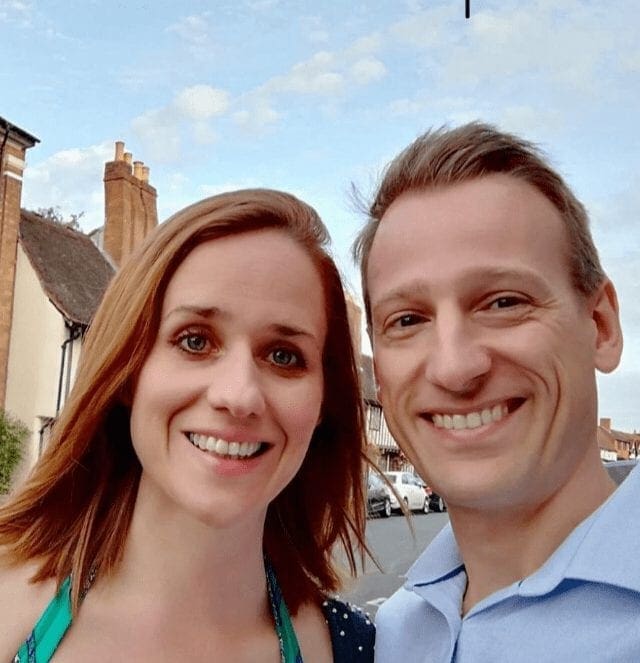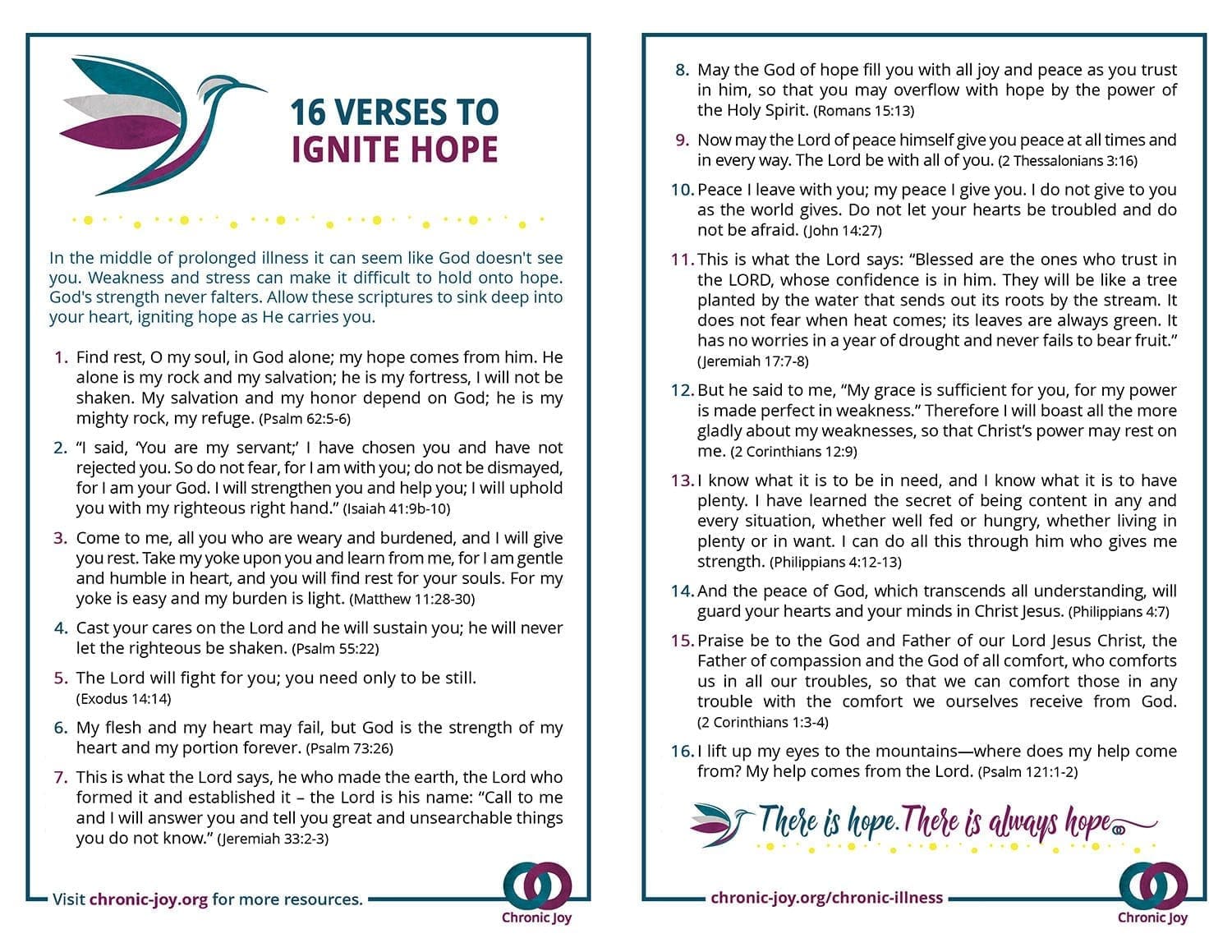
There is no shame in illness and pain.
SHAME
Shame derives its power from being unspeakable … If we cultivate enough awareness about shame to name it and speak to it, we’ve cut it off at the knees … If we speak shame, it begins to wither. (Brené Brown)
Over the summer, I read Brené Brown’s book Daring Greatly: How the Courage to Be Vulnerable Transforms the Way We Live, Love, Parent, and Lead (which follows her TED Talk on vulnerability). Her book encourages us to be honest about who we are rather than trying to hide our weaknesses. She suggests that vulnerability helps us connect more with others and overcome the destructive burden of shame.
I have been part of the Christian church all my life, so I am used to hearing the word shame. We’ve been told it is something destructive that we can overcome, that the grace provided by Jesus’ death and resurrection can free us from its grasp—but is that so?
WHAT IS SHAME?
We use the words embarrassed and humiliated interchangeably with shame, but shame often manifests as feelings of inadequacy, guilt, or regret and is something we try to hide or cover up. We dread people seeing our shame.
Although shame is often seen as guilt, there is a difference. Guilt is embarrassment or regret about something we have done wrong. Shame, however, can be felt even when we have done nothing wrong. Shame is connected to who we are and how others perceive us. Joseph Burgo writes that shame is “a painful feeling about how we appear to others (and ourselves) and doesn’t necessarily depend on our having done anything.”
SHAME HAD A HOLD ON ME
I began to recognize I felt ashamed that I was battling a chronic illness.
I have said it. It’s out in the open.
I feel ashamed that I am ill.
I feel ashamed that it has gone on so long.
I feel ashamed that I am unable to get well.
I feel ashamed that I can no longer work and be as busy as I used to be.
I feel ashamed to be sick!
I recently read the phrase, “I’m embarrassed to be sick,” and it made my stomach clench and my breath catch. That’s what I’ve been feeling! I am ashamed of being sick. I began to understand that I felt like a failure for being sick. If only I had been stronger or wiser, made better choices, been more positive, and had more faith, I surely could have overcome this sooner.
Before I got sick, I carried the arrogance of good health, believing I was strong enough to shake it off when others couldn’t. I was always so healthy I could overcome whatever came my way. My faith and positive mindset would win.
Then, in January 2015, I fell off a step ladder and entered the world of invisible illness and pain. I faced a debilitating cerebral spinal fluid (CSF) leak and a brain injury. Every day, I battle chronic pain, physical and mental fatigue, brain fog, barriers to treatment, and the challenges of being unable to heal or get well.
I FEEL ASHAMED:
- that I have become one of those people with chronic pain and illness. (I hate using the word chronic —and that reveals the stereotypes I had accepted before.)
- to say I am weaker than I ever imagined possible, physically, mentally, and spiritually.
- that my positivity has taken a massive hit. Most days, I battle the despair of never getting better.
- that I broke down at Christmas and seriously considered ending my life.
- every time people ask how I am, wonder why I’m still unwell, or question why I’ve gotten worse.
- when I can’t tell others that I have overcome my illness and pain.
- that I cannot testify that I am healed and whole, even though I believe in a loving Creator who can do the impossible.
- when the scans are clear and show no evidence of a CSF leak, when the treatment doesn’t fix me, or when my symptoms don’t fit with the diagnosis.
Each day this continues, the shame grows, becoming as great a burden as my illness. The shame is debilitating. It makes me feel small and tempts me to retreat from the world—but I cannot let shame win!
MAKING THE UNSPEAKABLE SPEAKABLE
So, I choose to fight the shame trying to persuade me that I can never break free. Shame doesn’t get to define who I am, what I do, or my relationships with those around me.
Together, we can dismantle shame, whether we battle chronic illness, mental illness, chronic pain, or disability (or love and care for someone who does).
If we cultivate enough awareness about shame to name it and speak to it, we’ve basically cut it off at the knees … If we speak shame, it begins to wither. (Brené Brown)
First published at beckyhillblog.com. *Adapted and published with permission.
PRAYER
Dear Father, we can feel so much shame about our illnesses. Help us to see the lie that this is, to name it, and to break free from it. When we feel tempted to retreat from the world, remind us that You love us just as we are. Please put people in our paths to walk alongside us in truth. In Jesus’ name, amen.
QUESTIONS FOR REFLECTION
- How would you define the difference between guilt and shame?
- Jot down some ways you feel or have felt shame about your chronic illness.
- Who is a person you trust to whom you can speak the unspoken today?


Becky Hill
Becky lives in Leicestershire, UK, and is a wife to Matt, mum to two girls, and a pursuer of Christ. Becky and Matt love the local church and have been involved in pastoral ministry for many years. In January 2015, Becky fell from a step ladder, causing a debilitating cerebrospinal fluid leak and chronic arachnoiditis, which means over the years, she has had to spend much of her time in bed. She also lives with severe daily neurological pain. Becky loves words and writes to connect, encourage, share her journey, and inspire others facing suffering, chronic illness, and pain.

16 Verses to Ignite Hope
In the middle of prolonged illness, it can seem like God doesn't see you. Weakness and stress can make it difficult to hold onto hope. However, God's strength never falters. Allow these scriptures to sink deep into your heart, igniting hope as He carries you.

Recent Comments